Parcourir les rayons de la bibliothèque de l’Université de l’Alberta peut être un peu compliqué. Nous avons huit bibliothèques réparties sur quatre campus pour vous servir! Vous cherchez par où commencer ? Aujourd’hui, nous présentons des livres de lecture de loisir dans les domaines des sciences, de la technologie, de l’ingénierie et des mathématiques (STIM).
Dans le monde des sciences, de la technologie, de l’ingénierie et des mathématiques (STIM), lire signifie souvent s’attaquer à des textes denses et techniques. Cependant, il existe une collection croissante de livres STIM plus légers et plus accessibles qui rendent les sujets complexes agréables à lire pour tout le monde. Que vous soyez un étudiant, un professionnel ou simplement un passionné curieux, ces livres offrent un moyen amusant d’explorer les merveilles de la science et de la technologie.
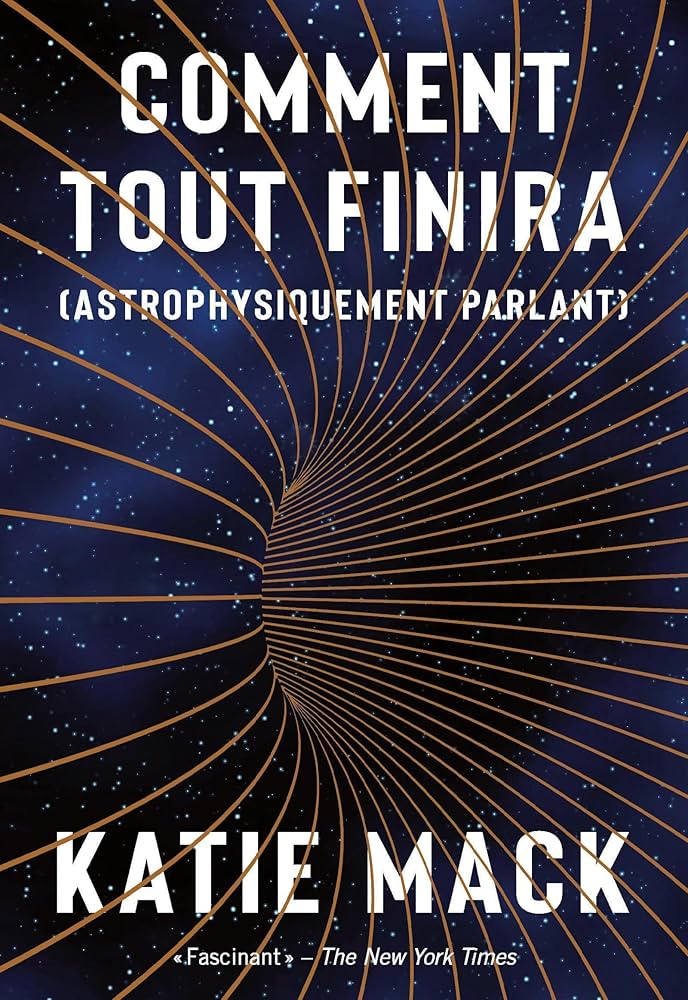
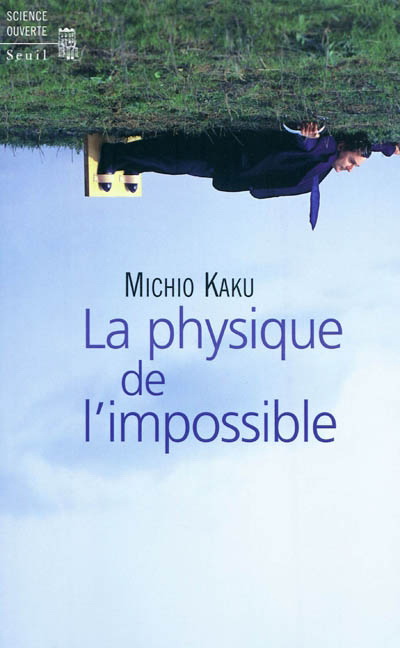




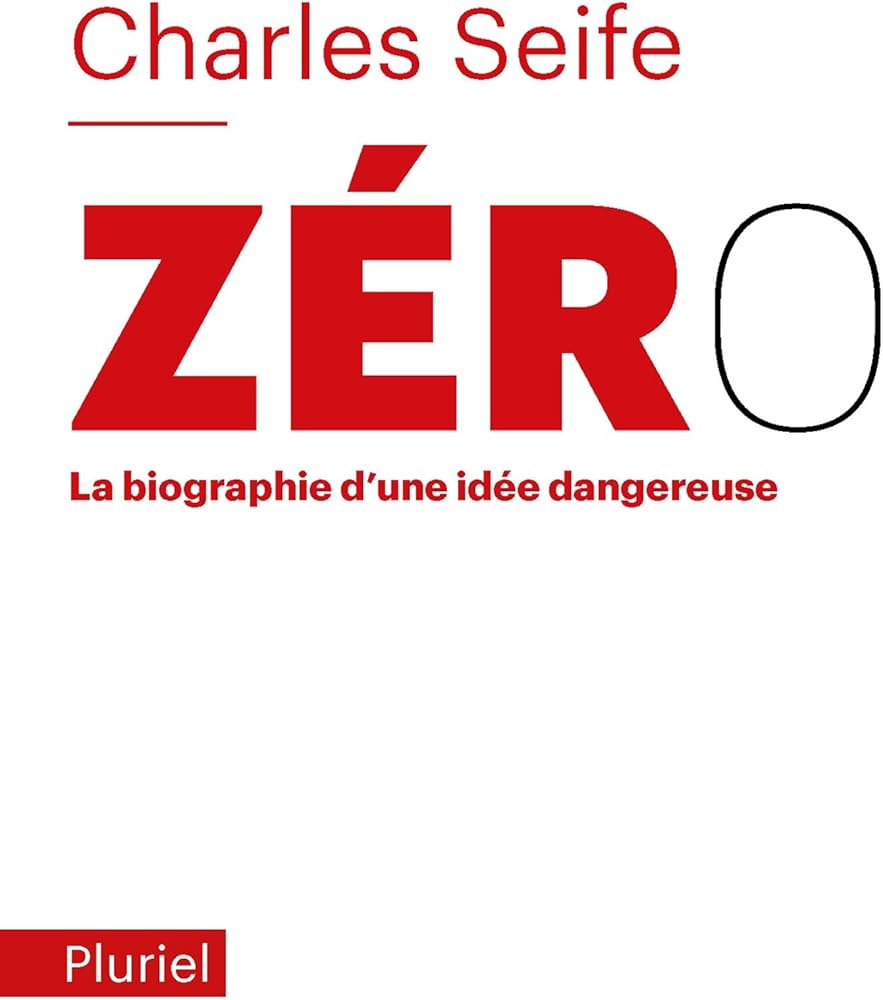
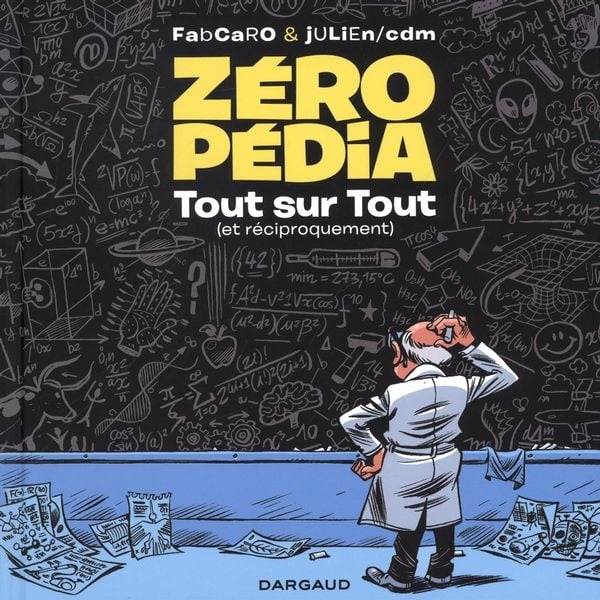
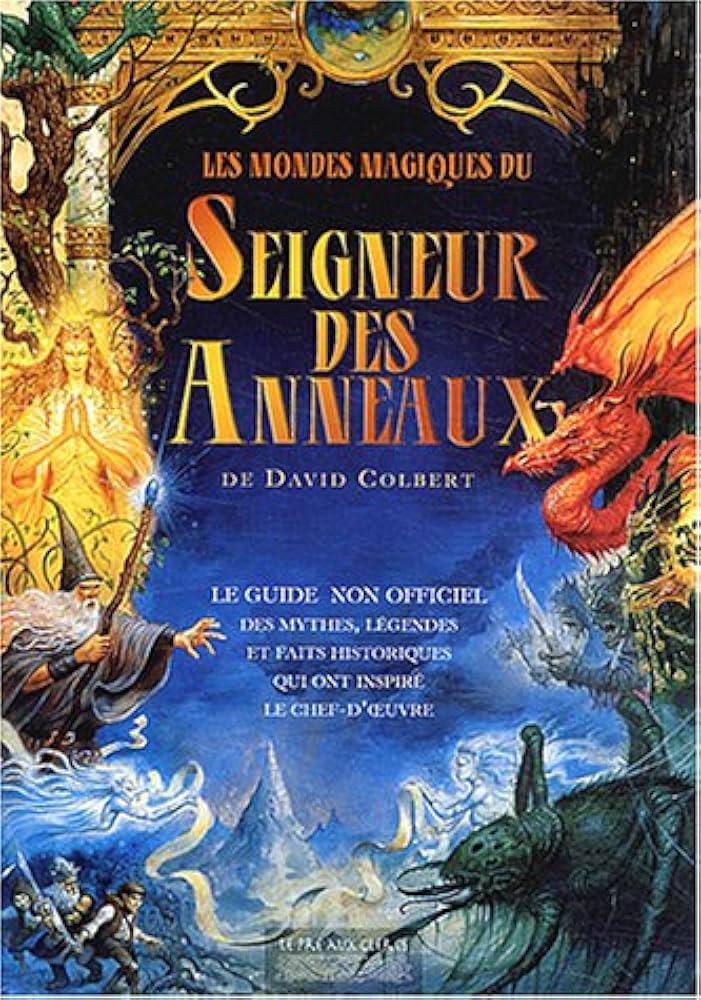

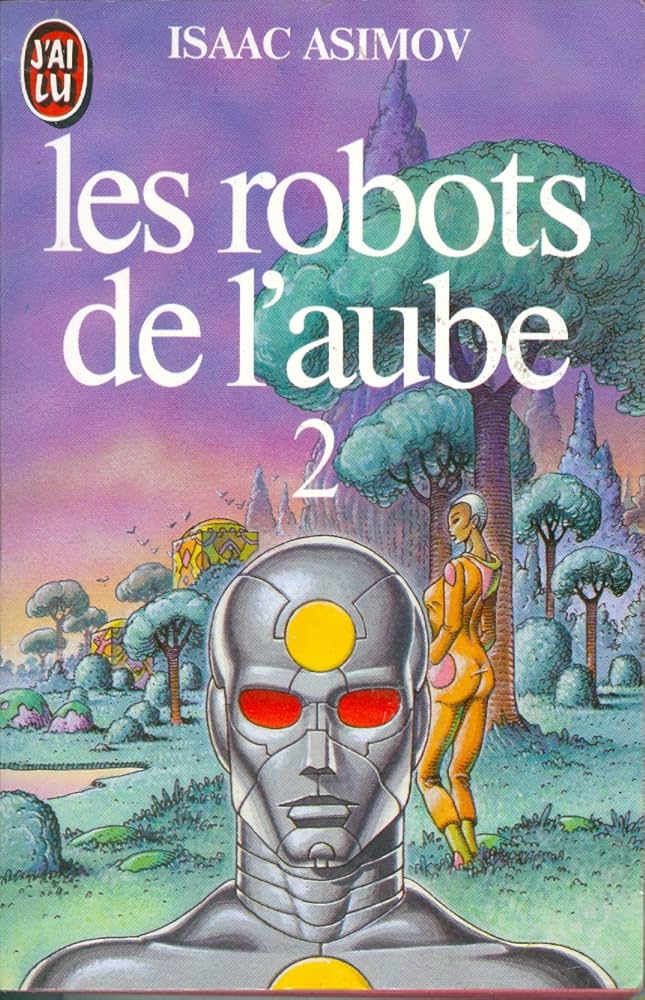
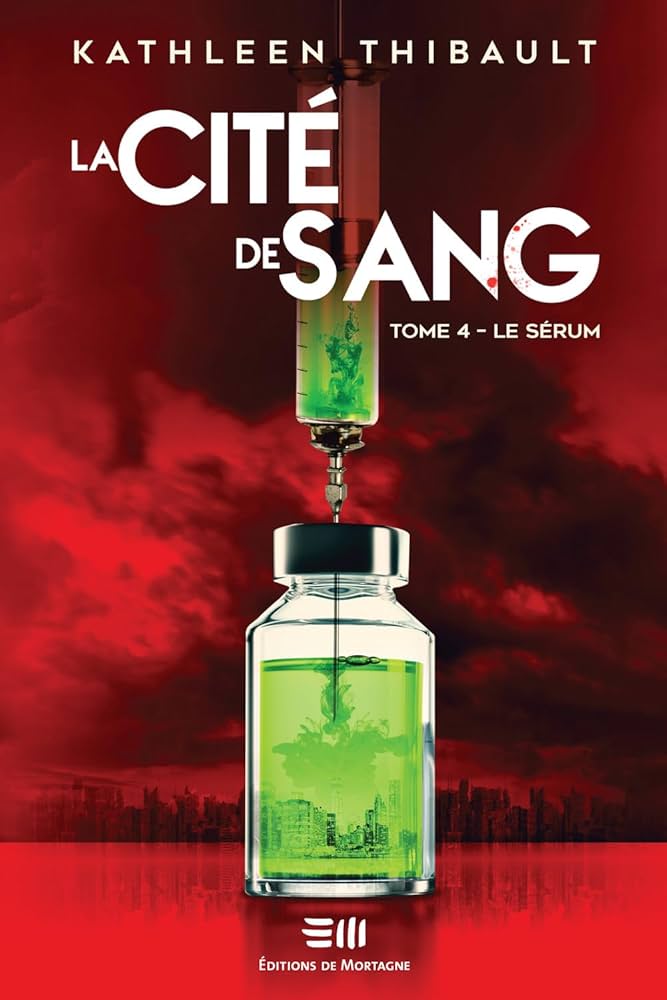
Cet article de blog a été inspiré par un présentoir de livres qui a attiré mon attention à la bibliothèque Cameron ce printemps. Un grand merci à Debbie Feisst, Head, Faculty Engagement (Natural + Applied Sciences) et Grace Telder-Romanow, Information Services Specialist pour l’idée ! J’espère que vous trouverez ces livres de sciences et de science-fiction captivants.
Cliquez sur les images ci-dessus pour accéder directement au catalogue NEOS. Beaucoup de ces livres sont disponibles en format numérique, mais nous pouvons aussi avoir accès à des versions imprimées, alors n’hésitez pas à nous contacter si vous avez besoin d’aide.
Pour d’autres suggestions de lecture, consultez nos articles de blog #BonnesLectures.
Ce contenu est placé sous une licence Creative Commons CC BY-NC-SA 4.0.
